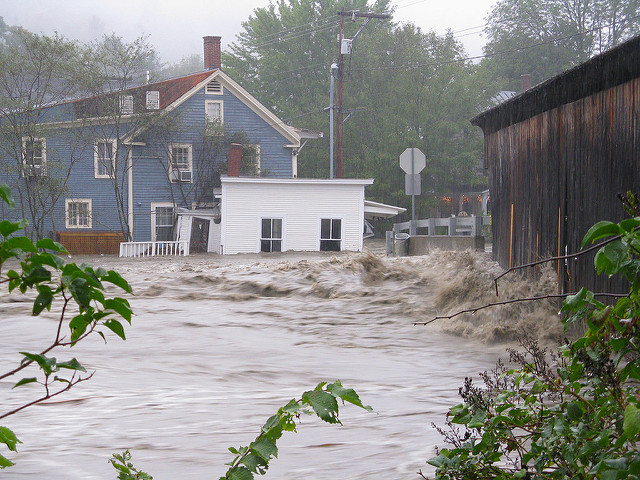
Flooding continues to threaten communities throughout the Carolinas in the aftermath of Hurricane Florence. According to Rob Shepherd, assistant director of business & member development services with the North Carolina League of Municipalities, when all of the rain that has fallen makes its way down the tributaries and rivers back to the coast, major flooding is expected. “We’re anticipating historic flooding of the Cape Fear River and Lumber River. Many of these areas have just gotten back up on their feet from 2 years ago when Hurricane Matthew flooded much of the same areas,” he said. “Right now, many roads in eastern North Carolina are impassible. The city of Wilmington is completely surrounded by water, and the worst flooding is yet to come.”
To support local government leaders in affected communities, here are some of Shepherd’s suggestions. Visit this page over the next week as additional information becomes available.
- For communities able to offer resources, use the National Incident Management System to make your respective state Emergency Management/Mutual Aid systems aware of what resources you have available to assist in North Carolina through the National Incident Management System. This ensures that the assistance is coordinated at the state level and can be reimbursed through FEMA.
- To make monetary contributions to aid in the recovery efforts for communities in North Carolina, the governor’s office has set up online giving at North Carolina Disaster Relief Fund or text Florence to 20222. If you are unable to text or give online, you can mail your contribution to North Carolina Disaster Relief Fund; 20312 Mail Service Center; Raleigh, NC 27699.
- The North Carolina Community Foundation Disaster Relief Fund will support nonprofits with programs that help hurricane victims in North Carolina. All funds raised for the NCCF Disaster Relief Fund will go directly to nonprofit organizations serving the needs of individuals and communities in the impacted areas of North Carolina. No portion of the funds raised will be used for the foundation’s administrative or operational expenses. The foundation will also encourage this practice among local recipient agencies.
- Other ways to donate to hurricane relief in general include The American Red Cross, The Salvation Army, and Second Harvest Food Bank.
- World Central Kitchen is providing food for shelters, first responders, and linemen.
ICMA Annual Conference Registration Refunds
ICMA will process full registration refunds to the ICMA Annual Conference in Baltimore to registrants unable to attend due to Hurricane Florence. Cancellation requests must be submitted in writing to ICMA’s Member and Customer Service department at customerservices@icma.org and will be processed after the conference. Include information on how the storm’s impact on your community prevented you from attending.
Additional Resources
A blog post with tips from managers who recently have been through the disaster recovery process.
Emergencies and Disaster Resources include recent articles, documents, and guides.
Help and advice on managing through natural disaster from ICMA partner IBTS.
New, Reduced Membership Dues
A new, reduced dues rate is available for CAOs/ACAOs, along with additional discounts for those in smaller communities, has been implemented. Learn more and be sure to join or renew today!
